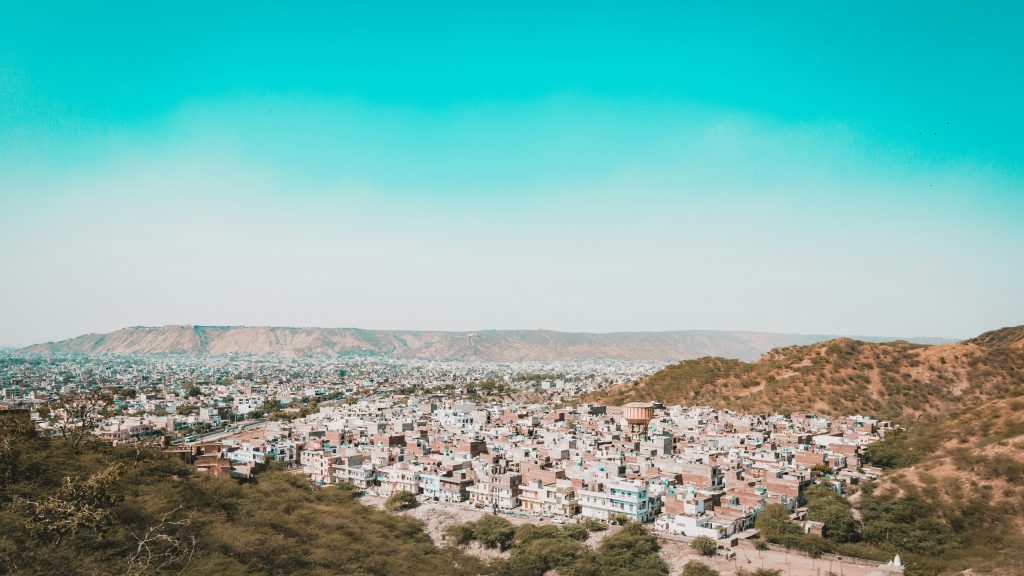In the past decade, India has seen rapid growth, not only in metropolitan spaces but even in tier II and tier III cities. Tier II cities, especially, are fuelling India’s economic growth and have seen a growing corporate presence. This growth has also fueled the participation of women in the workplace with women in tier II cities leading in terms of women’s role in household finances.
These cities, often once considered smaller markets, are now home to new offices, manufacturing hubs, and start-ups that are actively hiring women across sectors. With more women entering the workforce, the conversation around safety, inclusion, and respect at work has become increasingly important.
The Indian government introduced the Sexual Harassment of Women at the Workplace (Prevention, Prohibition and Redressal) Act 2013 or PoSH Act with the aim of creating safer workplaces for women and hence, encouraging participation of women in the labour markets. The match that lit the fire of the PoSH Act 2013 itself does not find its origin in tier 1 cities where implementation is often limited but began with Bhanwari Devi, a social worker who worked in rural Rajasthan.
Her story became the foundation of the Vishakha Guidelines (1997), which later evolved into the PoSH Act, a reminder that the movement for workplace safety began not in boardrooms, but in grassroots India. This history is particularly relevant for tier II cities today, where many workplaces mirror the same structural and social challenges that Bhanwari once faced.
Sexual harassment in Tier II cities
A 2017 survey across tier 1 and tier II cities in India encompassing 6,000 employees found that sexual harassment at the workplace is a concern across industries with 37% of the women responding that they had faced sexual harassment at the workplace.
Even with the sizeable number of women facing sexual harassment, reporting remains low with 68.9% of women who faced sexual harassment not reporting due to stigma, fear of retribution, embarrassment, lack of awareness of reporting processes, or lack of confidence in the redressal mechanism.
In tier II cities, these challenges are often compounded by smaller professional networks, close-knit communities, and traditional social norms that discourage open discussion about harassment. Many women fear being identified or socially ostracised, particularly in workplaces where leadership positions are still largely male-dominated.
Gender stereotypes also impact women’s experiences in the workplace. The experience of sexual harassment is as widespread in tier II cities as in other parts of India, which is exacerbated by attitudes towards gender prevalent in tier II cities. A study from 2021 regarding women in the platform economy across tier I and II cities noted that preconceived notions regarding the appropriate role of women as homemakers and mothers impact their ability to inhabit and thrive in the workplace.
These attitudes often manifest in subtle ways, through comments about dress, working late hours, or travelling for work. When such everyday sexism is normalized, it creates a culture that can enable or overlook more serious forms of harassment.
Moreover, awareness of the PoSH Act and its mechanisms tends to be lower in tier II cities. Many employees, and even managers, are unaware that Internal Committees (ICs) must be established in workplaces with 10 or more employees. This lack of awareness leads to procedural gaps that can discourage victims from coming forward.
Designing interventions for tier II cities
The problem of sexual harassment at the workplace is existent, across cities and requires intervention. Intervention by way of creating awareness and setting up robust policies is essential to deal with sexual harassment in the workplace.
However, there are specific needs for interventions designed for tier II cities. Tier II cities face a unique demographic challenge in terms of the implementation of prevention of sexual harassment due to the presence of varied age demographics, varied levels of understanding of sexual harassment and varying language proficiencies.
For example, younger employees entering IT or service sectors may have greater awareness of workplace rights, while older or less formally educated employees in manufacturing or logistics sectors may not. Training sessions, therefore, need to use simple, relatable examples and, where possible, local languages to ensure clarity and engagement.
The industries that are experiencing growth in tier II cities are varied- from banking and finance to manufacturing to IT. Hence, the diversity of organizational setup, the nature of work undertaken as well as the nature of employees impact the nature of intervention required.
Diversity in demographics and levels of awareness also require that interventions are tailored to address the specific needs of the target audience.
In sectors like manufacturing or construction, many workers are contractual or temporary, making it essential for organisations to clarify who qualifies as an employee under the PoSH Act and ensure their access to the Internal Committee. Meanwhile, in emerging service industries, hybrid work models and virtual communication introduce new kinds of online harassment risks that ICs must learn to address.
In addition, collaboration with local NGOs, women’s groups, and district authorities can significantly enhance outreach and trust. These stakeholders often have a deeper understanding of community dynamics and can help bridge the gap between legal compliance and social acceptance.
Periodic awareness drives, multilingual e-learning modules, and anonymous reporting tools can also help normalise conversations about workplace safety and make reporting feel less intimidating. Organisations must recognise that prevention is not a one-time exercise but an ongoing commitment.
Ultimately, creating safer workplaces in tier II cities requires both structural compliance and cultural change. As these cities continue to drive India’s next wave of growth, ensuring women’s safety, dignity, and participation will not only uphold the spirit of the PoSH Act but also strengthen India’s social and economic fabric.
Reach out to hello@serein.inc to know more or read more on our resource page.


